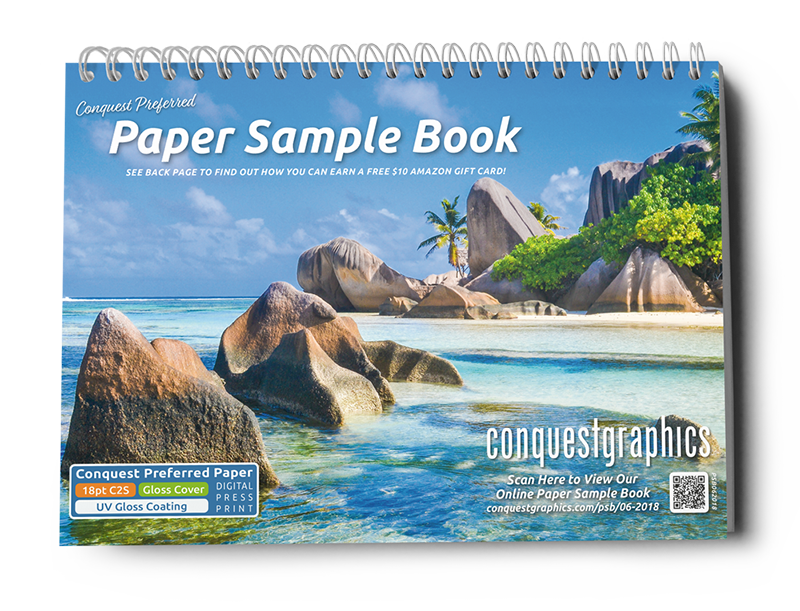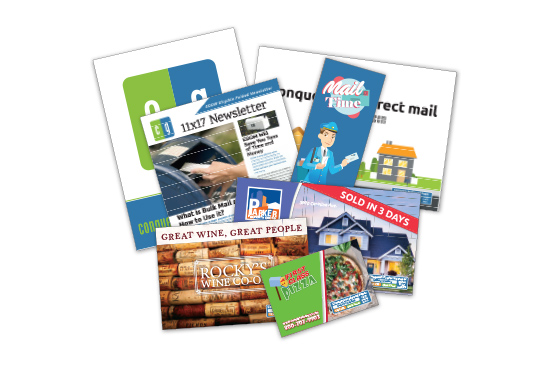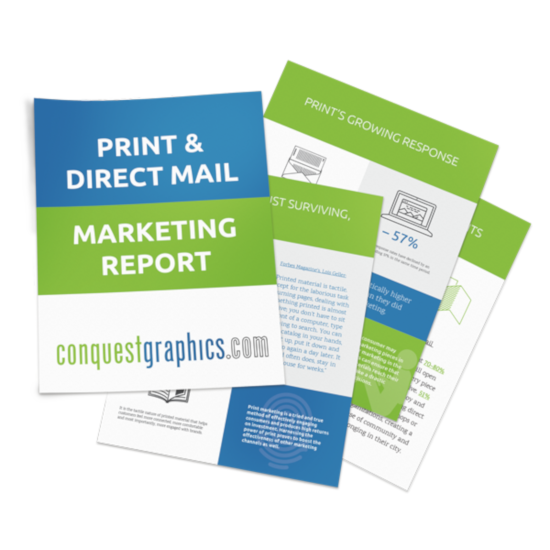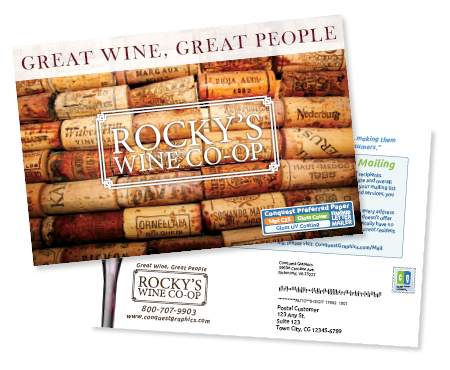
Here’s an example of a customer loyalty program gone wrong which many of you might be familiar with:
A customer walks into an airport 4 hours early for their afternoon flight with Airline A that they had booked in the weeks prior. This customer isn’t particularly loyal to Airline A and they’ve heard horror stories about their customer service when it comes to changing flight details. They prefer Airline B and know that they already have a few “customer loyalty points” built up with Airline B, so they’re already a little nervous about flying with Airline A.
A friend they’re flying with suggests they try requesting an earlier flight home at the Airline A help desk since they notice one going across the board that will be leaving in about 30 minutes. When they approach the desk, their friend (who has been loyal to Airline A for some time) is the first to request a change in flights. The help desk attendant types in a few quick details, and in a matter of seconds responds with a smile, “Of course, Mr. Friend-Of-Customer, we’ve changed your flight details and will have you on your way home as soon as possible!”
Now our original customer (who was loyal to Airline B, but is still willing to give Airline A a try) requests a flight change. The help desk attendant requests a few details from him, spends several minutes typing in information, frowns several times while waiting on the system to load, and responds, “Oh, I’m sorry sir, but you don’t have any status with us.”
The customer then asks if they could pay slightly more to get the same flight transfer as their friend. “Oh, that’s not how it works sir,” the attendant responds. The customer left, frustrated that the value of their loyalty and the value of their money apparently meant nothing to the airline that only valued returning frequent fliers.
While this whole ordeal is a common experience for anyone who’s ever tried to change flights on an airline they’re not loyal to, it’s definitely not a good example of a brand establishing customer loyalty.
In fact, airlines don’t have much incentive to care for customers who aren’t loyal frequent fliers. When it comes to customer loyalty with airlines, you really do have to stick with just one for your dollars to mean anything to them.
Airlines can seemingly tell by the frequency of your flying whether you’re flying with other airlines or not. This kind of information is monitored through frequent flier programs that classify consumers and ultimately determine how much their dollar means to them versus consumers in lower classifications.
The whole classification system in general is not something you find in many other industries that rely on customer polarization to build a stronger customer base.
 A Case Study in Word Choice
A Case Study in Word Choice
In marketing, words make all the difference in how customers perceive your brand. The words you choose to convey your brand’s message can determine whether they continue to interact with your brand in the future in positive or negative ways.
There are many models out there demonstrating how customer loyalty or opposition can influence your brand, and all of them share things in common. For example, it is a widely held belief among marketers that customers tend to be irrational decision makers who make many of their purchasing decisions based upon emotion rather than logic.
In fact, many marketing researchers suggest that customers always make buying decisions based on emotional reasons and then justify them post-purchase with logic. In fact, Joseph Sugarman, the legendary marketing genius behind the invention of toll-free numbers for telephone credit card payments, bases his book “Triggers: 30 Sales Tools You Can Use to Control the Minds of Your Prospects to Motivate, Influence and Persuade” upon this very concept.
Many models use characters such as the “militant minority” to represent the vocal few who oppose a brand very visibly in the public eye. Their opinions about a brand tend to be reinforced by strongly negative emotional interactions they had with a brand in the past.
These same models tend to represent the vocal supporters of a brand as zealots. A zealot is defined as, “a person who is fanatical and uncompromising in pursuit of their religious, political, or other ideals.”
The intent of using the term “zealot” is ultimately to express how uncompromising an individual becomes in their opinion about a brand once they have a formatively positive emotional experience with a brand in the past.
The word also functions as a counterpart to the militaristic qualities of its complement, the “militant” minority.
Either way, these two types of customers are common symbols in lots of different models of customer loyalty. Whether they use the exact same wording or not to describe each type of customer is less important than the concept that each type is shaped by formative emotional experiences with a brand in the past.

Why your brand needs zealots
Brand zealots are an extremely important type of customer to have for your brand to be truly successful.
Zealots aren’t found within your company. They can only be people who have actually been a customer of yours at one point and who are provoked to public-facing action by a strongly positive emotional experience with your brand.
The types of actions these zealots take to express their loyalty varies widely depending upon what you’re selling. Think of people loyal to Apple when you think of an ideal brand zealot.
These Apple zealots put stickers of Apple’s signature logo on their car, they actively go around pestering people with Windows computers for making bad choices, and they visibly and vocally support Apple by forcing their friends and associates to watch Apple’s Spring and Fall product unveiling events.
In short, these people go around actively promoting the Apple brand without even being paid to do so. They don’t get any special treatment from Apple to do this. They simply love Apple’s products so much that they will stop at nothing to convince everyone they know to believe the same.
But what makes these “formative emotional experiences” that act as a kind of watershed, routing these vocal customers towards either strong opposition or support of your brand in the public eye?
Denying a customer service because they are not of a certain “class” within your system is one example of a highly negative watershed moment that can push a customer to action against a brand.

Positive actions, such as when a customer service worker goes out of their way to fulfill a customer’s wishes and give them the value they deserve is one example of a positive watershed moment that can ideally create a brand zealot.
In the world of print, zealots can be equated to customer referrals. Many of our existing customers are ones we’ve attained via customer referrals, and we view that as a very good thing. Our customer service and sales team view customer referrals as the utmost attainable goal in customer care, and we view that as a key part of our marketing strategy.
Therefore, whatever business success we achieve is thanks to our customers. And hopefully our gratitude towards them is expressed daily in our interactions on every level of our business.
Making zealots and shaping your brand’s loyalty with emotional watershed moments
Now, let’s return to the original example about our example customer, their loyalty to different airlines and the airline help desk attendant’s choice in wording.
When the help desk attendant replied with the words, “I’m sorry sir, but you don’t have any status with us,” they made a terrible choice in how they worded their message. This type of word choice is common in the airline industry.
Airlines rely on polarizing words to get the classes of customers they want, while all the other customers who fall into classifications other than these fall to the wayside.
In any industry other than air travel, these kinds of words would be devastating to the airline since they would create a relatively large militant minority of those who have been emotionally burned by their lack of “class.”
Logically, the whole classification system that airlines use is not too emotionally charged since most of the time customers just have to accept that that’s the way the system works. But, emotionally, statements like “you have no class with us” have strongly negative charges to them and push customers away.
Still, other industries continue to use tactics similar to airlines when it comes to polarizing customers to create loyal customers who are actually “of value” to them.
We at Conquest Graphics think this is an unethical way to treat customers and we believe it dehumanizes them in a way that is undignified and unjustifiable by any means.
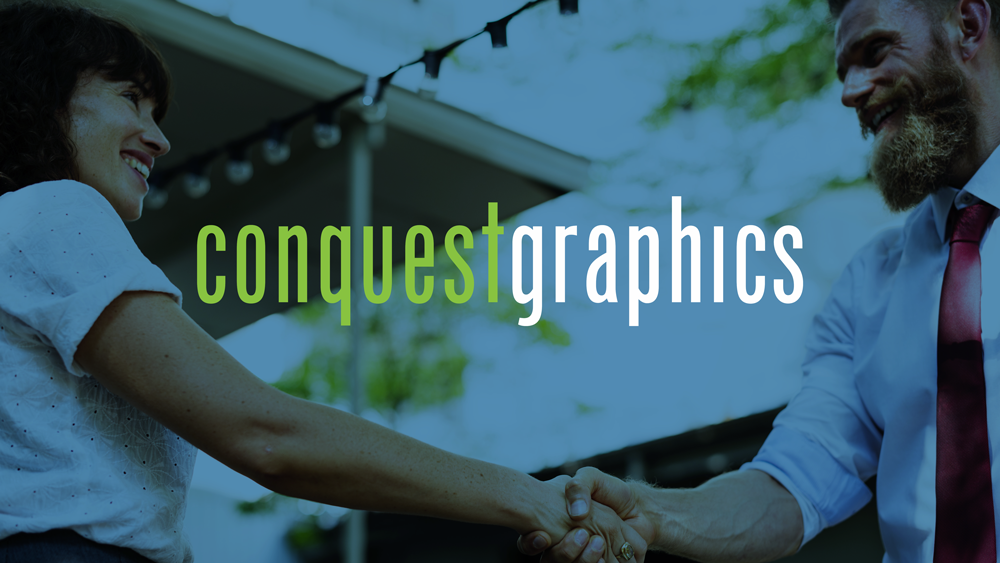
Treating customers with dignity and respect
For better or worse, we at Conquest Graphics want to treat all of our customers with the same level of respect and attention to detail so no one goes home feeling like our example’s disgruntled airline customer.
We believe in a system of “value for value.” Unlike many airlines, we want our customers to feel that they’re either regaining the full value of their money spent in print, or hopefully, gaining value from their investment in print.
At Conquest Graphics, a customer can accelerate the turnaround of their print project by investing a little more in their print purchase. Unlike airlines that don’t allow customers to spend a little extra to make changes to their purchase, we think any single customer’s money is just as valuable and important as all our other customers.
No single Conquest Graphics customer is any more important than another, regardless of how many pieces they order, how much money they spend or how many times they’ve ordered from Conquest Graphics in the past.
Whether this creates brand zealots or militant minorities (which we will do anything to prevent), we at Conquest don’t really care. We have a strong belief in human dignity and respect that underlies everything we do.
We know this isn’t commonplace in the business world, but we believe there’s only one way to change that: by actually being the change we want to see in the world.
When Speaking with Customers, Choose Your Words Wisely
This week we take a look at airline loyalty programs and how they do a pretty terrible job of treating customers as people in their mission to divide customers into classes to keep the valuable customers loyal to them. At Conquest Graphics, we do no such thing, and treat all our customers equally in all aspects of our business.
By Conquest Graphics
